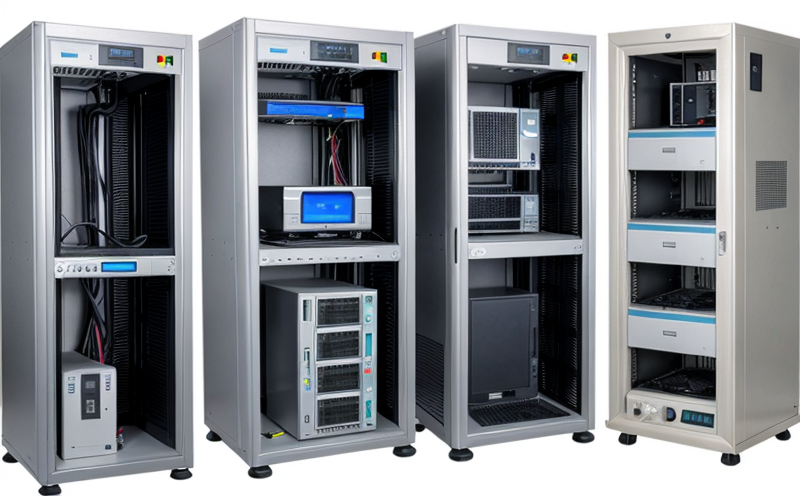EN 50160 Power Quality Testing for ICT Equipment
The CEN standard EN 50160 is a cornerstone in the realm of power quality testing, specifically targeting information and communications technology (ICT) equipment. This standard ensures that electronic devices meet stringent requirements regarding voltage variations, frequency deviations, and other aspects that impact the reliability and performance of ICT systems.
The primary purpose of this test is to ensure compatibility with the electricity supply network, which helps prevent malfunctions or failures in critical applications such as data centers, telecom networks, and office environments. By adhering to EN 50160, manufacturers can guarantee that their products perform consistently under varying power conditions, thereby enhancing overall product quality.
Compliance with this standard is mandatory for devices intended for use within the European Economic Area (EEA). Failure to meet these requirements may result in non-compliance issues during certification processes and could even lead to potential disruptions in supply chains. Therefore, it's crucial for companies involved in ICT manufacturing or supply chain management to understand how EN 50160 fits into their operations.
The testing procedure involves measuring various parameters over time to assess the impact on electrical devices. Key metrics include voltage deviation, frequency stability, harmonic content, and crest factor. These measurements help identify any deviations from acceptable ranges that could affect device operation or longevity.
For effective EN 50160 compliance, laboratories must possess specialized equipment capable of simulating real-world power conditions accurately. This includes advanced measurement instruments like digital multimeters (DMMs), oscilloscopes, and harmonic analyzers. Additionally, software solutions are used to analyze data collected during tests, providing insights into both current levels and waveform shapes.
Once testing is complete, detailed reports summarizing findings are generated according to ISO/IEC 17025 standards for laboratory accreditation. These documents serve as evidence of conformity with EN 50160 requirements and can be submitted alongside product documentation during certification processes. Proper adherence to this standard not only protects end-users but also contributes positively towards global efforts aimed at reducing energy consumption and promoting sustainable practices within the ICT industry.
Benefits
- Ensures device reliability by identifying potential issues early on in development cycles.
- Simplifies compliance with European regulations, enhancing market access opportunities for manufacturers.
- Promotes consistent performance across different power supply environments, improving user satisfaction.
- Reduces risk of product recalls due to unforeseen failures resulting from poor power quality handling.
By implementing EN 50160 testing early in the design process, manufacturers can significantly reduce costs associated with late-stage modifications and rework. Moreover, meeting these standards positions companies favorably among competitors, fostering trust between suppliers and customers alike.
Environmental and Sustainability Contributions
Power quality testing plays an essential role in reducing waste and promoting efficient energy use within the ICT sector. Ensuring that electronic devices operate optimally under various power conditions helps minimize unnecessary draw on electrical grids, leading to lower carbon footprints.
In addition, compliance with EN 50160 supports broader initiatives aimed at fostering more sustainable practices throughout supply chains. For instance, by reducing reliance on standby modes or inefficient designs, manufacturers contribute positively towards global goals set forth in frameworks like the Paris Agreement.
Use Cases and Application Examples
- Data centers hosting large-scale servers require rigorous testing to ensure robust power delivery systems are maintained without interruption.
- Tower companies deploying base stations must verify compatibility with local utility providers before installation.
- Telecommunications firms upgrading network infrastructure benefit from comprehensive EN 50160 evaluations ensuring seamless integration into existing networks.
In each case, the goal is to guarantee that ICT equipment functions correctly even when faced with less-than-ideal power conditions. This not only enhances operational efficiency but also strengthens brand reputation by demonstrating a commitment to quality and sustainability.





